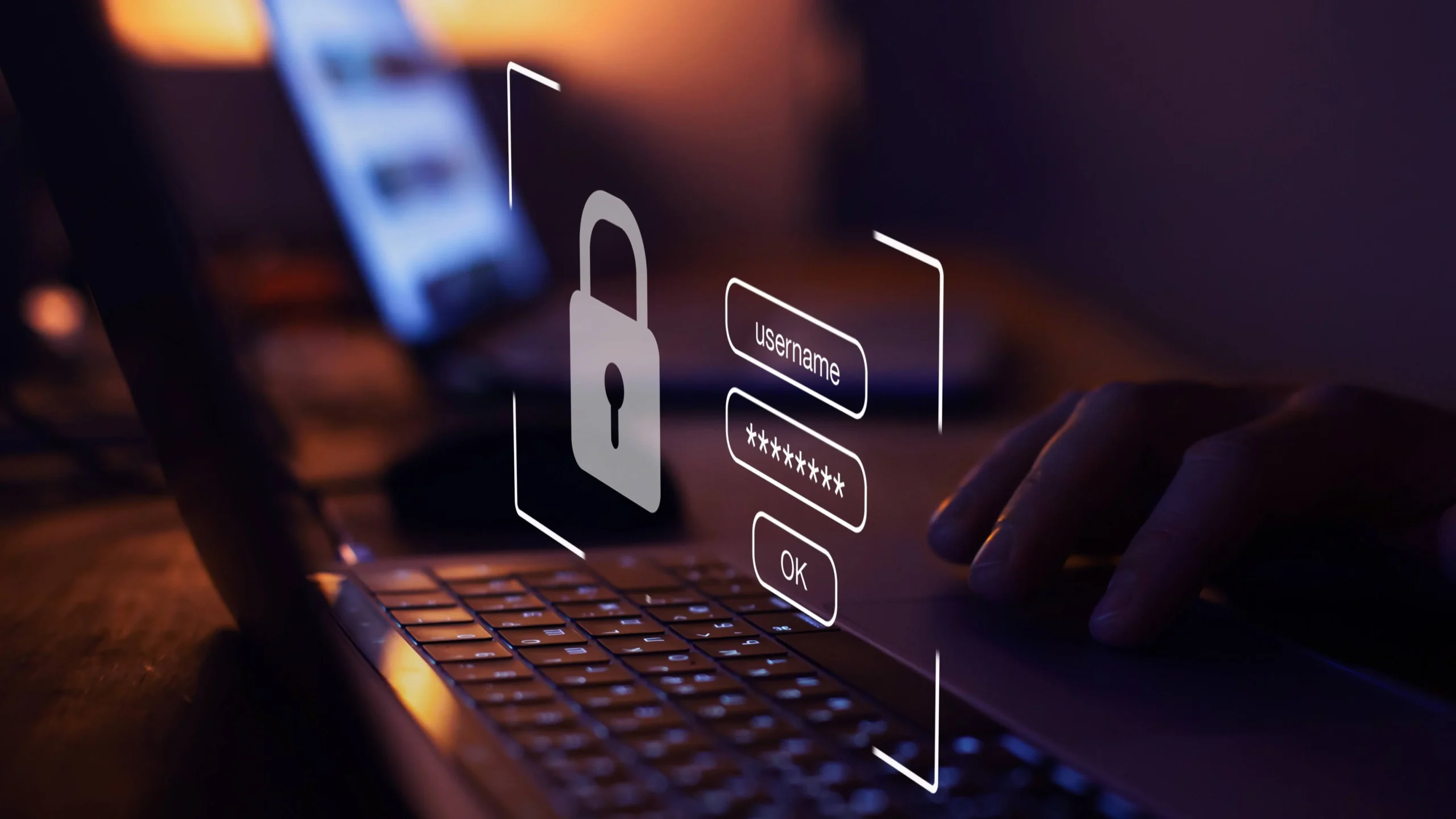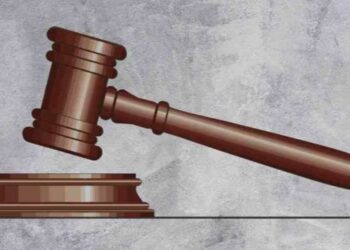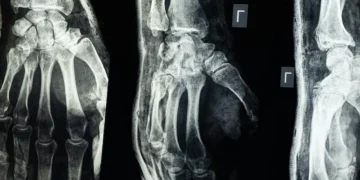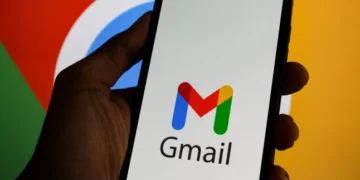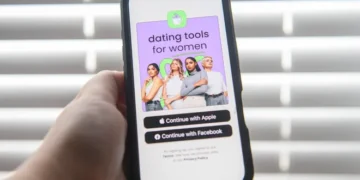If you thought your online accounts were safe, it’s time for a serious reality check.
A massive new investigation has confirmed what could be the largest passwords leak in internet history nearly 16 billion login credentials, including emails and passwords, have been found exposed online. Yes, 16 billion.
This isn’t just a one-time hack. It’s a dangerous combination of multiple leaks, breaches, and cyberattacks pulled together and made available for hackers to exploit. And the worst part? Most of these leaked credentials are new, not from old data breaches we’ve heard about before. If you thought the leak of 184 million passwords in May was scary, brace yourself things just got much worse.
What’s Actually Happening?
This leak isn’t from just one company or a single hack. Experts believe it’s the result of many “infostealer” viruses that quietly steal your usernames and passwords when you browse or log in online. These stolen passwords are then bundled into huge databases and sold on the dark web or simply shared among hackers.
What’s even scarier? Most of this data has never been leaked before. According to researchers at Cybernews, the leak includes billions of credentials from social media platforms, VPNs, developer tools, and all the major tech companies like Apple, Facebook, Google, and more.
These credentials aren’t old, outdated passwords from years ago. They’re fresh, current, and highly usable, which makes this leak incredibly dangerous for anyone using the internet.
Why Should You Care About Your Passwords?
If a hacker gets your password, they could:
-
Break into your email or social media accounts
-
Steal money from your online banking or digital wallets
-
Pretend to be you and scam others
-
Access your private files stored in the cloud
-
Use your identity to commit crimes
In short: If your password is leaked, your entire digital life could be hijacked.
This is why big companies like Google are urging users to stop using passwords altogether and instead move to passkeys are safer, newer way to log in that doesn’t rely on something hackers can steal.
Read More: New intelligence chief appointed for Iran’s Revolutionary Guards
What You Need to Do Right Now
Even if you haven’t noticed anything strange, take action before something happens:
-
Change your passwords immediately, especially for:
-
Email (Gmail, Outlook, etc.)
-
Facebook, Instagram, X (Twitter)
-
Apple ID
-
Banking or payment apps
-
Cloud storage (Google Drive, Dropbox)
-
-
Use a password manager to create and save strong, unique passwords.
-
Turn on two-factor authentication (2FA) — this adds an extra step to logins and keeps hackers out even if they have your password.
-
Don’t click on suspicious links — even if they come from someone you know. Hackers often use leaked passwords to trick others too.
The researchers who found this leak didn’t hold back. They called it a “blueprint for mass exploitation.” That means cybercriminals can use this data to target millions of people with phishing scams, fake emails, and password guessing attacks.
Worse still, the passwords are sorted in neat files, making it easy for hackers to search and use them. This isn’t just a problem for tech people or big companies. It’s a global problem that affects regular people like you and me. Our emails, our banking, our memories stored in the cloud that they’re all at risk if we don’t act now.
The internet has become a part of everyday life. But now, with 16 billion passwords leaked, we’re facing one of the biggest online threats ever seen. This is your chance to protect yourself, your family, and your digital identity.
Don’t wait for your account to get hacked. Change your passwords. Use better protection. Stay alert.

